British PM May personally takes over Brexit talks
British Prime Minister Theresa May has announced that from now on she will personally lead negotiations with the European Union on how the country should be separated from the bloc.
In a statement to parliament on Tuesday, May said that she will take over talks with the EU, replacing Brexit minister Dominic Raab, who the statement said will become May’s deputy in the negotiations.
“I will lead the negotiations with the European Union, with the Secretary of State for Exiting the European Union (Dominic Raab) deputizing on my behalf,” said May, adding that the reason for the decision was that time was running out for Britain to reach a deal with the EU before it leaves the bloc in March.

The announcement comes amid increasing uncertainty about how Britain would finally leave the EU and whether the two sides could reach a permanent agreement to determine their future relations.
Many have warned of a no-deal Brexit, a scenario in which Britain leaves the bloc without laying out the framework for trade and other activities. That increases the costs of the Brexit and could spark serious problems for the country.
May also faces stiff opposition from both within her own Conservative Party and from the opposition about a plan she unveiled earlier this month to regulate the final phases of Brexit talks. Two cabinet ministers stepped down in protest to the plan while others have warned the white paper increases the chances of a no-deal Brexit. May’s government has ruled out such a possibility, saying it would only come if the EU unreasonably insists on its conditions.
Britain will keep EU laws during transition
In a further blow to the co-called Brexiteer camp, Raab, the Brexit minister, said that Britain will remain under EU laws and regulations for the 21 months of the transition period, which will start as of March next year when Britain formally leaves the EU.
“From the 30th March 2019 until the 31st December 2020, common rules will remain in place. With EU law continuing to apply, and businesses will be able to trade on the same terms as they do now,” Raab told the parliament on Tuesday, adding, “During this period, we will not be a member state, and we will have the flexibility we need to strike new trade deals around the world, something many argued we would not be able to achieve in the negotiations.”
VIDEO | Former prince Andrew arrested by British police
VIDEO | Backlash mounts as Pakistan joins US-led Gaza ‘Board of Peace’
Saudi-Greece fiber optic project to pass through Syria instead of occupied territories: Report
Israel steps up bloodshed in Lebanon
US lawmakers move towards vote on limiting Trump’s Iran strike authority
VIDEO | Hebrew media talk ‘Board of Peace,’ ceasefire, anti-Iran rhetoric, tensions surrounding Lebanon
VIDEO | Rising tensions in West Asia
US: Police criticizes ‘excessive and disproportionate' force used by ICE on protesters


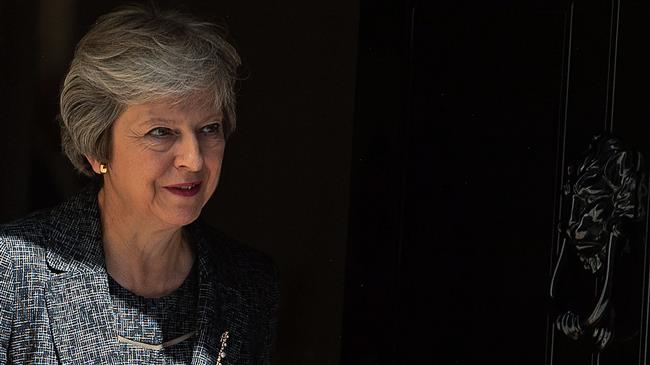
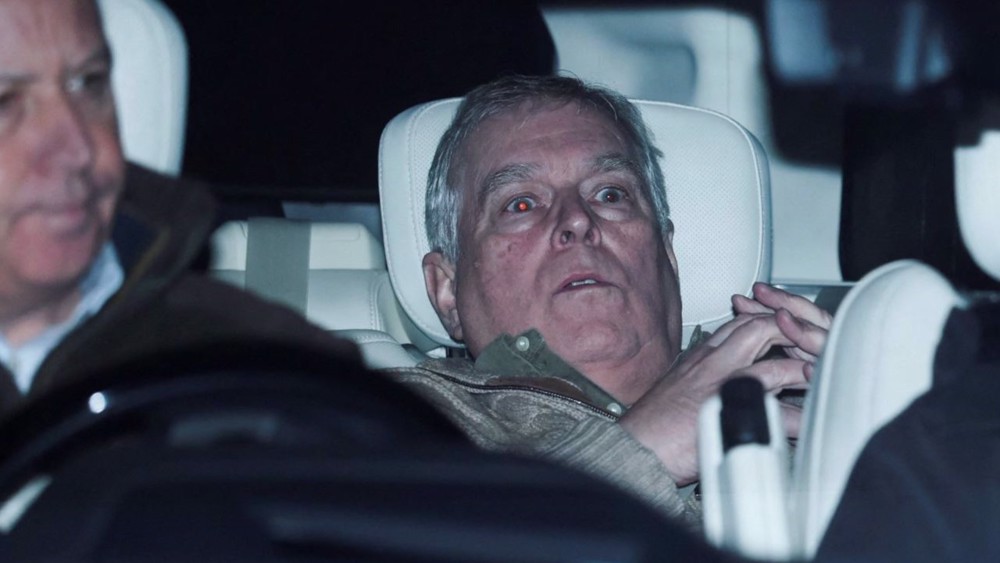

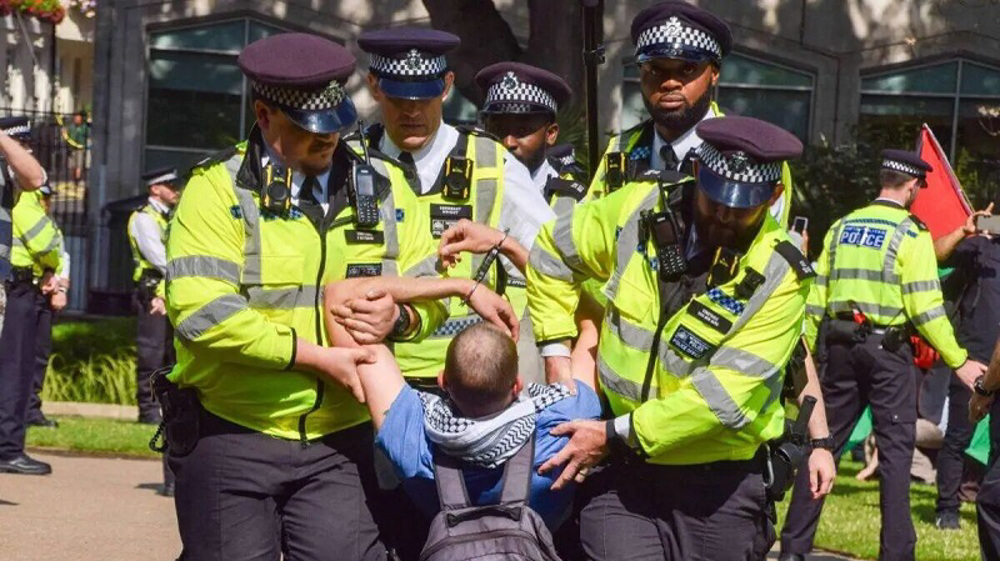



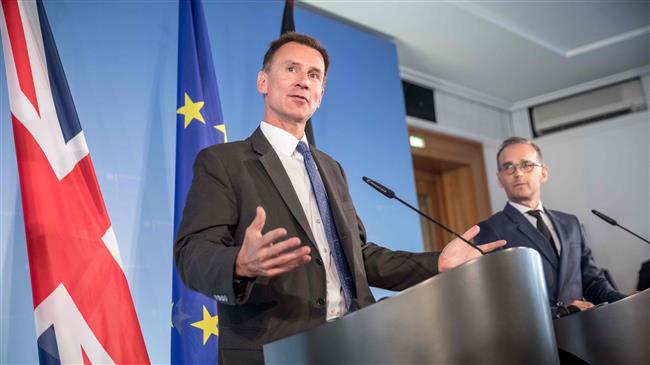
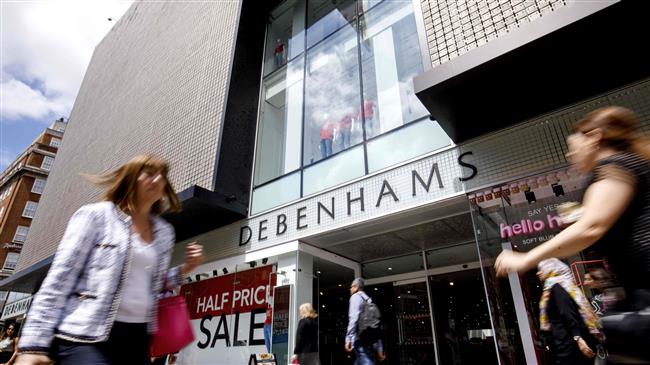
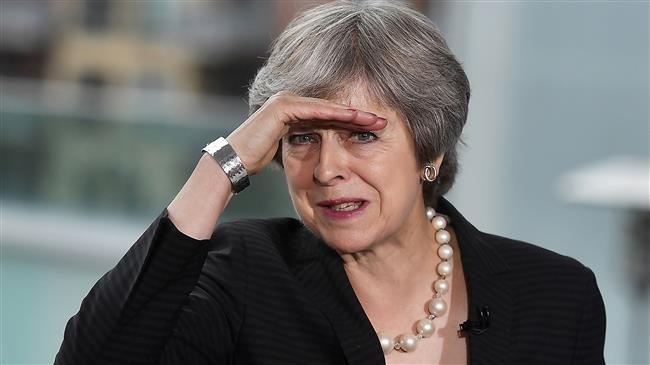

 This makes it easy to access the Press TV website
This makes it easy to access the Press TV website